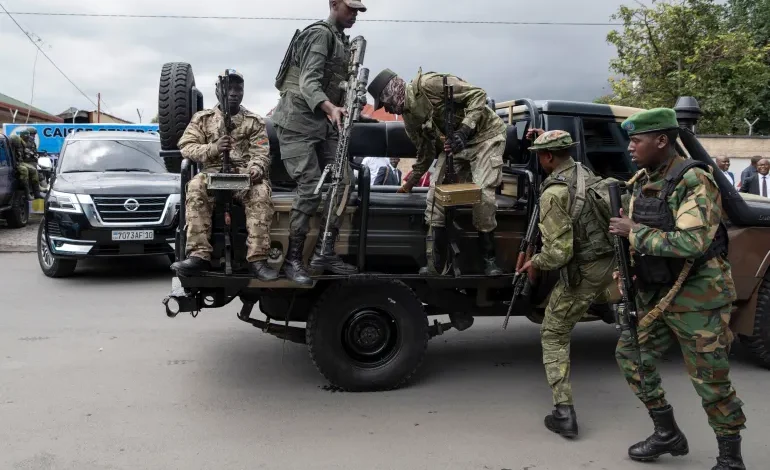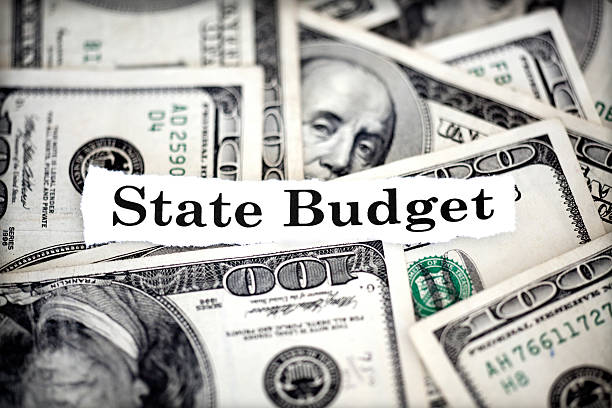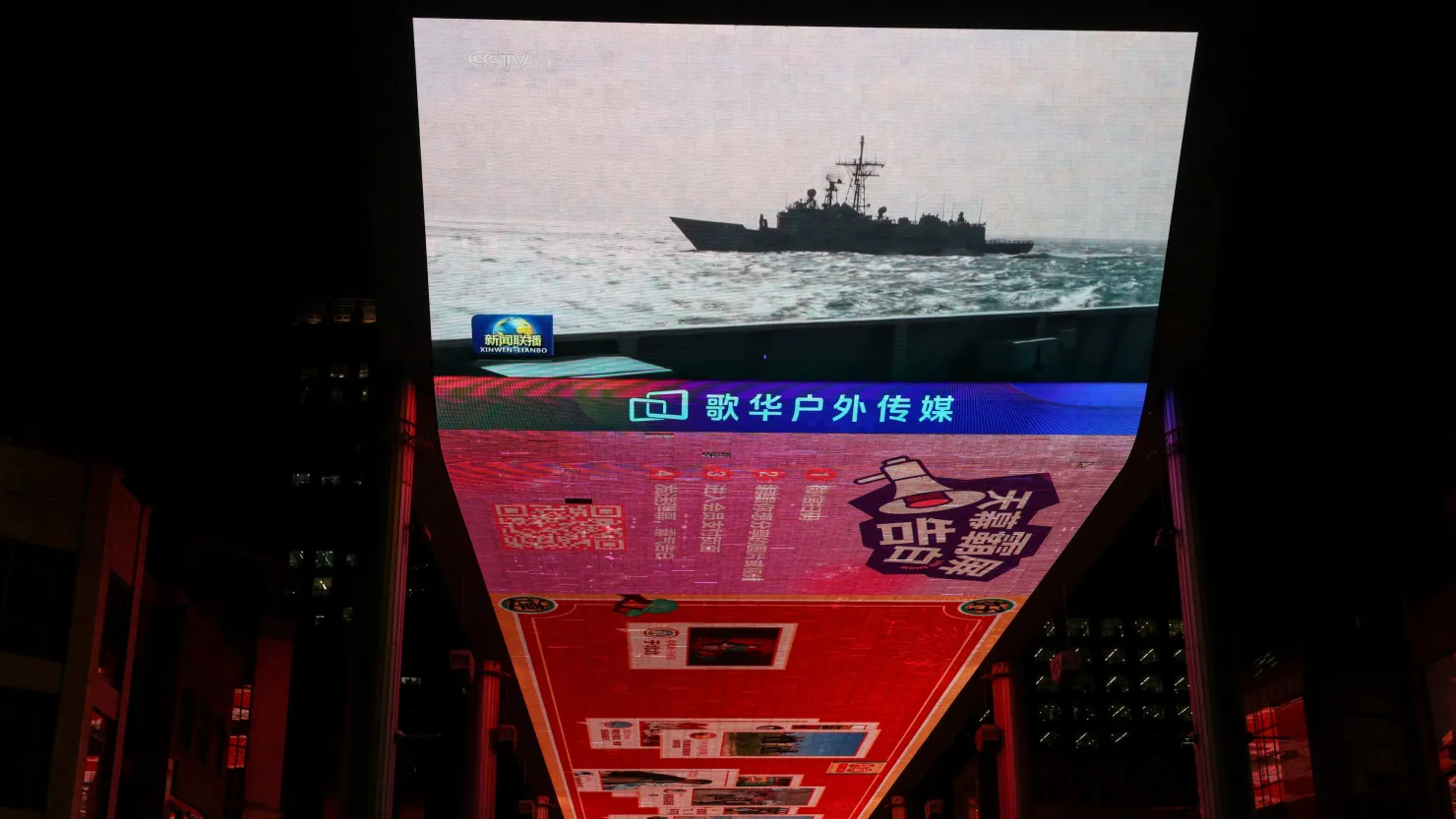DR Congo and M23 Rebels Agree to Pause Fighting During Qatar-Led Peace Talks

The Democratic Republic of the Congo (DRC) and the M23 rebel group have reached a ceasefire agreement during peace negotiations facilitated by Qatar.
The deal, announced late Wednesday, marks a significant development in the ongoing conflict that has plagued eastern DRC for years and intensified sharply since January.
In a joint statement, both parties committed to an immediate cessation of hostilities and pledged to continue peace talks until a lasting resolution is achieved. The statement emphasized a mutual rejection of hate speech and intimidation, calling on all local communities to respect and support the truce.
The current ceasefire follows more than a week of negotiations in Doha, described by both sides as “frank and constructive.” It comes amid renewed regional diplomacy, including a surprise meeting last month between DRC President Félix Tshisekedi and Rwandan President Paul Kagame—also mediated by Qatar—where both leaders reaffirmed support for an unconditional ceasefire.
The latest round of violence began in January when the M23 launched a sweeping offensive, capturing major eastern cities like Goma and Bukavu. The DRC government, along with the United Nations and the United States, accuses Rwanda of supporting M23 with arms and troops—allegations Rwanda denies, asserting that its actions are in self-defense and aimed at countering militias linked to the 1994 genocide.
The conflict has taken a heavy toll: authorities estimate at least 7,000 people have been killed since the start of the year, with hundreds of thousands displaced. Previous ceasefires—at least six since 2021—have failed to hold, raising questions about the durability of the current agreement.
Sources familiar with the Doha talks reported that negotiations nearly collapsed due to disagreements over proposed confidence-building measures, such as the release of prisoners. Despite these challenges, Qatari mediators were able to secure a commitment from both parties to continue pursuing a peaceful resolution.
Belgium’s Foreign Affairs Minister Maxime Prevot welcomed the ceasefire as “a crucial step towards ending the violence.” However, observers caution that reports of ongoing clashes in regions like South Kivu underline the fragile nature of the agreement.
The M23, composed largely of Tutsi fighters with origins in past regional conflicts, has long claimed it is fighting for the protection of its community and political inclusion. Many of its fighters were previously integrated into the Congolese army before defecting, citing government neglect and breaches of earlier peace accords.
While the DRC government has historically refused to negotiate directly with M23—labeling it a terrorist group—the evolving regional dynamics and humanitarian crisis appear to have pushed both sides toward dialogue.
With input from BBC, Al Jazeera, and the Guardian.









The latest news in your social feeds
Subscribe to our social media platforms to stay tuned